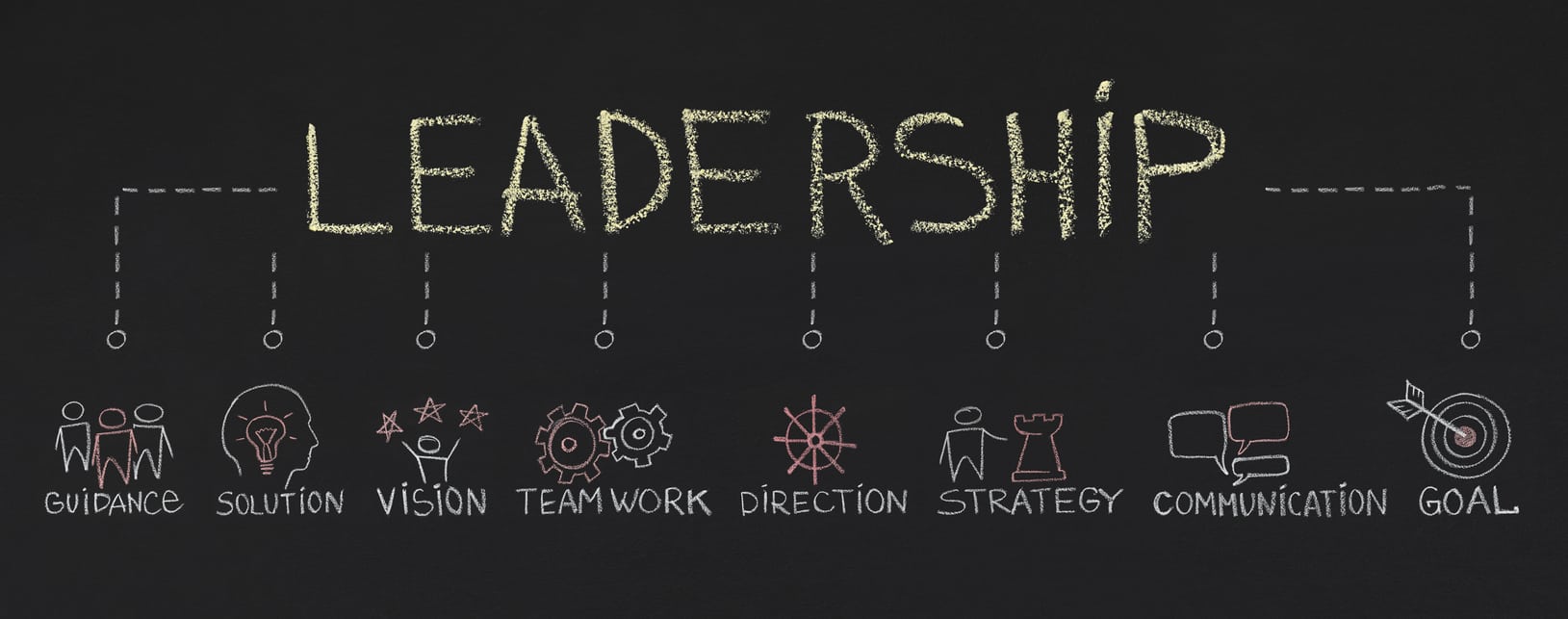“Choose a job you love, and you will never have to work again. – Unknown“
Career change, like so many other key life milestones, has become flexible to change. In the current era, it is not uncommon for people of all ages to consider and pursue a Career Change. At the age of 30, you would have had an experience of roughly 8 – 10 years behind you. When 18, most teenagers, at least in India, are exposed to a very limited number of vocational options because of the traditional orthodox mindset of the society or that the aspirant might have no awareness of what their personal choices are. That is not a bad thing per se. Now that you have some experience in your industry and greater self-awareness, you could be wise to re-evaluate your career choice, considering you still have 35 years of service to provide before retirement. This period could be a crucial turning point for you to draw upon the experience you have gained and leverage the limited set of responsibilities one might have.
There are a few things you should consider while thinking about a career change at 30.
1. Why do you want to change your career?
This is the most important reason one should analyze. You could be working in a toxic environment; you could find yourself stressed; you might feel unsatisfied with the current roles and responsibilities; you might be unhappy with the flexibility of work or compensation. There can be many reasons for change, now that money alone is not the strongest factor for consideration when choosing your profession.
If the reason for your dissatisfaction is because you are in a toxic environment or that you are not making progress, you should rethink, because it could also just be a matter of your point of view about work which could be the problem, or just changing your employers might be helpful or communicating any necessary changes you need to your boss could help you out. A career change might be overkill in such circumstances.
On the other hand, if you are exceptionally dissatisfied with the industry or your line of work, understand your decision better by answering few questions:
– What do you enjoy about my current career?
– What do I not enjoy about my current career?
– What drew me to this career in the first place?
– Why do I want to start this new career?
The above questions will help you better understand your WHY. It is important because these answers will help you not just determine if a career change is a solution you desire, it will also help you figure out the best skills you possess and your preferences about a career that you enjoy and don’t.
2. Additional Sills
In most technical and non-technical fields, there are a host of courses or certifications or degrees that might either be industry mandates or good to have to make up for the lack of exposure. Consider it. Do not hesitate to take up additional studies, and it is never too late to learn something new. If your chosen profession demands a degree or certification or you feel you require it best, do not shy away. If you feel you need to take a sabbatical and pursue a full-time course, then plan it out. It could be entirely worth it!
3. Personal and Professional Networking
With social media platforms bridging the distance, no profession is too far away. Rummage through your network to find contacts in your desired profession, talk to them, meet them up for coffee. Understand what it takes to get a foot into the door, understand what that industry is like, and the best resources to go about doing that. This will help you analyze if you want to pursue this profession change ahead. Also, it would help you get mentors or friends who can guide you along the way.
4. Finances
This is most often the toughest aspect of a career change. You need to analyze the cost of change. Do you need to invest money in the course, certification, or degree? Do you need to take a sabbatical to pursue your studies? Do you need to pursue a paid or unpaid internship? Do you need to quit and need time to earn the same amount you earn now? Do you have responsibilities like Loans or families to take care of?
All these things need your planning. Plan the cost of education and your cost of living expenses for the next six months minimum to provide you with buffer time. You involve your family or closest circle who might be impacted or who could help you in case you need their support. Might I say, this is the next most important step after knowing your WHY? You might realize you need to save up for a year to have sufficient funds to pursue your change.
Most 30-year-olds do not have high responsibilities or have supportive parents or families, or spouses. Hence, this is still considered a sweet age to pursue a career change.
Also note, family or friends’ support is of crucial importance. The mental, emotional, financial, and physical support a family can provide can be the deal-breaking factor.
5. Gain Experience
In most fields, there is an option to intern. You need to identify such opportunities and pursue them. This could be immensely helpful in not just learning the necessary skills on the job, but you can negotiate your way into a job at the respective place. This would smooth your transition by leaps and bounds if you did this before quitting your current career.
6. Rework your resume and apply
Different fields have an emphasis on different skills. Find them using your new professional networks (there are plenty of FB groups on most professions) or mentors (LinkedIn mentors) available just a click away, who could skim through your new Resumes and guide you. This could be a costly mistake if not handled properly.
And apply to as many positions as possible. Get as much interview experience as possible. Write down the entire experience. Analyze them. It will help you understand what the industry demands and how you fit them. You can iteratively improve your skills or resume and apply again.
7. Have Faith
Career Change at 30 is no cakewalk. It will require you to have lots of confidence and courage. And, if you have come this far in the process, have faith. Few might get lucky very easily; few might not. But, do not be disheartened if everything doesn’t go as per plan because this is a journey of unlearning and relearning many things, and it takes patience and perseverance.
Most of us are conditioned to live a secure life after college and ten years of work experience in a particular industry, so the lack of security might be daunting, but that’s when you need to be patient and confident with yourself.






